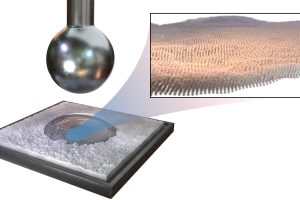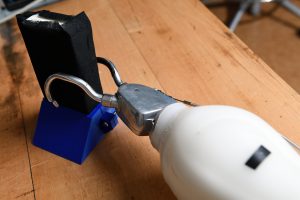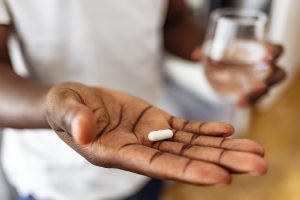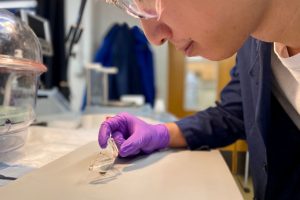Recent News
-

Results have implications for understanding biological systems.
-

In new study, researchers find that prosthesis with both haptic feedback and autonomous control allowed users to complete the tasks with greater performance and lower mental effort.
-

Researchers to try to figure out how Drosophila, the humble fruit fly, controls its movements so precisely and elegantly to inform the design of better robotic systems.
-

Breakthrough medical technology like mRNA vaccines rely on tiny nanoparticles to deliver medicine to cells. A new device will help drug manufacturers and evaluators like the FDA more precisely measure genetic payloads to evaluate drug effectiveness.
-

Lunar landings
CategoriesTo prepare for NASA's Artemis missions, graduate students Juan Sebastian Rubio, Miguel X. Diaz-Lopez, and Matt Gorman ran a series of experiments to understand plume surface interactions— or what will happen when a landing spacecraft approaches the lunar surface.











